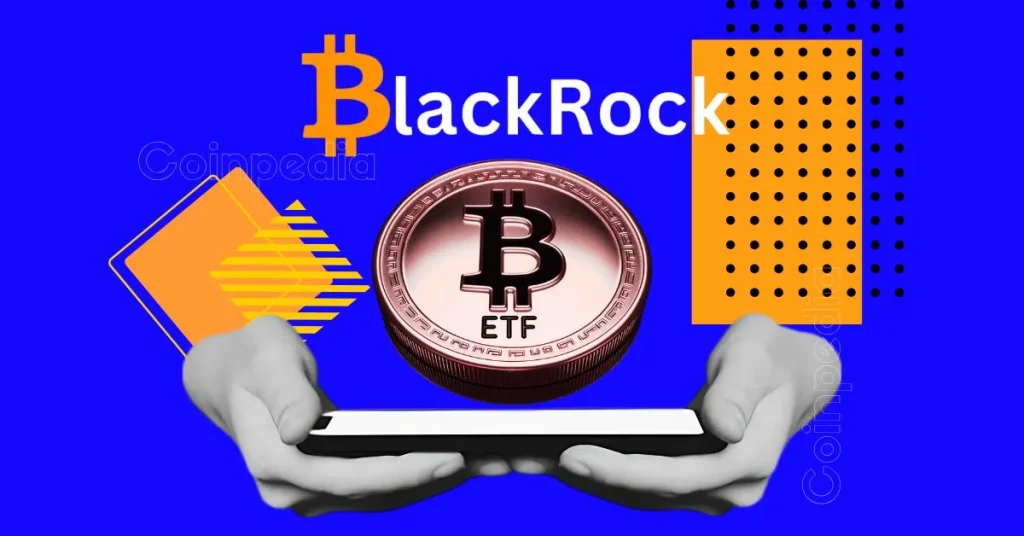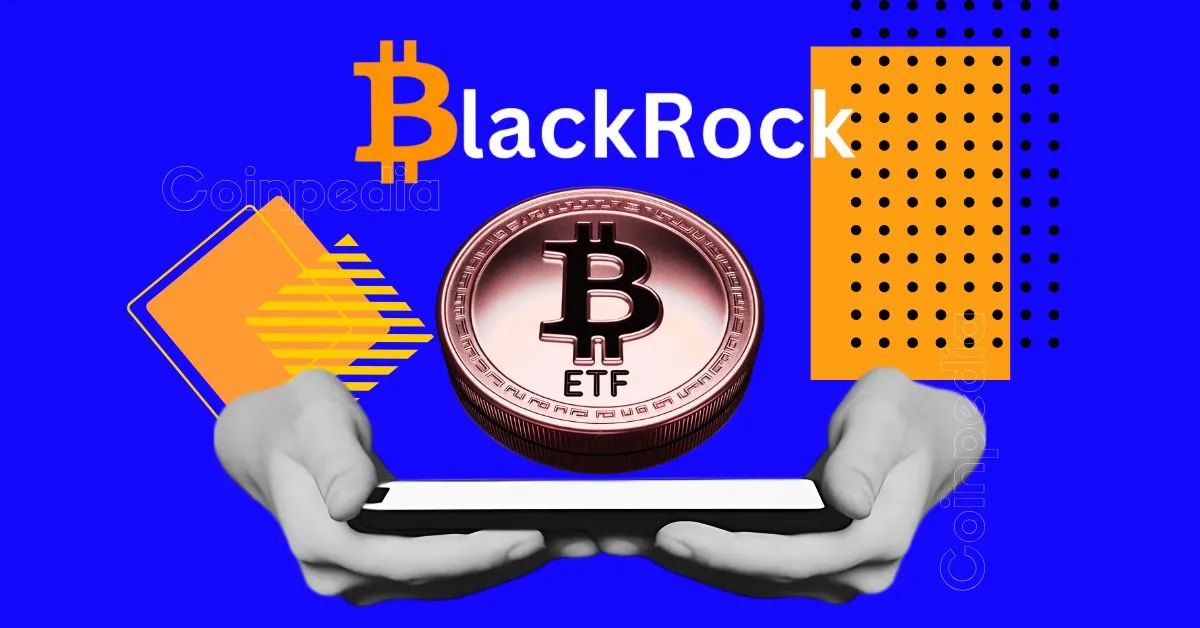
BlackRock’s iShares Bitcoin Trust (IBIT) has emerged as a titan in the cryptocurrency space, amassing over 700,000 Bitcoin in a remarkably short period. This achievement is not merely a numerical milestone but a testament to the shifting dynamics of institutional investment and the growing acceptance of Bitcoin as a legitimate asset class. The rapid ascent of IBIT, its dominance in the US spot Bitcoin ETF market, and its impact on Bitcoin’s price and market dynamics underscore a broader transformation in the financial industry.
The meteoric rise of IBIT, launched in January 2024, has been nothing short of extraordinary. In just 18 months, it has accumulated over $75 billion in assets under management (AUM), making it one of BlackRock’s most successful ETF launches ever. This rapid growth is unprecedented, even when compared to established ETFs, and highlights the pent-up demand for Bitcoin exposure among institutional investors. Several factors have contributed to IBIT’s success, including BlackRock’s reputation as the world’s largest asset manager, the ease of access provided by ETFs, and the growing institutional acceptance of Bitcoin following the SEC’s approval of spot Bitcoin ETFs. These elements have collectively created a favorable environment for IBIT’s rapid expansion.
IBIT’s dominance in the US spot Bitcoin ETF landscape is evident in its holdings, which represent approximately 55% of the total Bitcoin held by these ETFs. This significant market share gives BlackRock considerable influence over the Bitcoin market and reinforces the legitimacy of Bitcoin as an investment asset. The accumulation of such a large Bitcoin position also has implications for the overall supply dynamics of Bitcoin. By consistently absorbing a significant portion of newly mined Bitcoin, IBIT reduces the available supply, thereby putting upward pressure on the price and creating scarcity for other market participants. This dynamic could further accelerate Bitcoin’s price appreciation in the long run, making it an attractive investment for both institutional and retail investors.
Beyond its impressive AUM and Bitcoin holdings, IBIT has become a significant revenue driver for BlackRock. Its higher fee structure, compared to BlackRock’s flagship S&P 500 fund (IVV), allows it to generate substantial revenue despite not having as much in assets under management. This demonstrates the profitability of Bitcoin ETFs and highlights the growing demand for these products among investors. IBIT’s revenue generation is a testament to the power of innovation in the financial industry. By creating a product that caters to the specific needs and preferences of institutional investors, BlackRock has unlocked a new revenue stream and solidified its position as a leader in the ETF market.
One of the most intriguing aspects of BlackRock’s embrace of Bitcoin is the transformation of its CEO, Larry Fink. Initially cautious about Bitcoin, Fink has become increasingly optimistic about its potential. This shift in attitude reflects the growing acceptance of Bitcoin within the traditional financial establishment. Fink’s newfound enthusiasm for Bitcoin is not merely a PR stunt but is based on a deep understanding of the underlying technology and the growing demand for Bitcoin among BlackRock’s clients. His public support for Bitcoin has further legitimized the asset class and encouraged other institutional investors to explore the space. This transformation underscores the evolving perception of Bitcoin as a valuable and legitimate investment asset.
The impact of IBIT’s massive Bitcoin holdings on the price and market dynamics of Bitcoin is profound. As IBIT continues to accumulate Bitcoin, it reduces the available supply on exchanges, creating scarcity and driving up the price. This dynamic is further amplified by the increasing institutional demand for Bitcoin, which consistently outpaces miner supply. The long-term implications of IBIT’s dominance in the Bitcoin ETF market are significant. As more institutional investors allocate capital to Bitcoin through IBIT and other ETFs, the price of Bitcoin is likely to continue to rise. This could lead to a virtuous cycle, where rising prices attract even more investors, further fueling the rally. The psychological impact of IBIT’s success is particularly important in the volatile world of cryptocurrency. By providing a sense of stability and legitimacy, IBIT can help to reduce fear and uncertainty, making Bitcoin a more attractive investment for a wider range of investors.
BlackRock’s IBIT is more than just a Bitcoin ETF; it is a symbol of the evolving relationship between traditional finance and the world of cryptocurrency. Its rapid growth and dominance in the market demonstrate the increasing institutional acceptance of Bitcoin as a legitimate asset class. As IBIT continues to accumulate Bitcoin and attract new investors, it will play a key role in shaping the future of finance. The road ahead for IBIT presents both challenges and opportunities. Competition in the Bitcoin ETF market is likely to intensify as other asset managers launch their own products, potentially eroding IBIT’s market share. Regulatory uncertainty remains a factor, as new regulations could impact the operation and attractiveness of Bitcoin ETFs. Additionally, Bitcoin’s inherent volatility could lead to outflows from IBIT during price declines, affecting its AUM and revenue.
Despite these challenges, the future looks bright for IBIT. As Bitcoin continues to gain acceptance and institutional adoption increases, IBIT is well-positioned to capitalize on the growing demand for Bitcoin exposure. By continuing to innovate and adapt to the evolving market landscape, IBIT can solidify its position as the leading Bitcoin ETF and play a key role in shaping the future of finance. The story of BlackRock’s IBIT and its accumulation of over 700,000 Bitcoin is a powerful narrative about the inevitable shift in the financial world. It’s a story of traditional institutions embracing disruptive technologies, of skepticism giving way to belief, and of a future where Bitcoin plays an increasingly prominent role in the global economy. The sheer volume of Bitcoin now under BlackRock’s management speaks volumes about the asset’s growing legitimacy and its potential to reshape the financial landscape.





